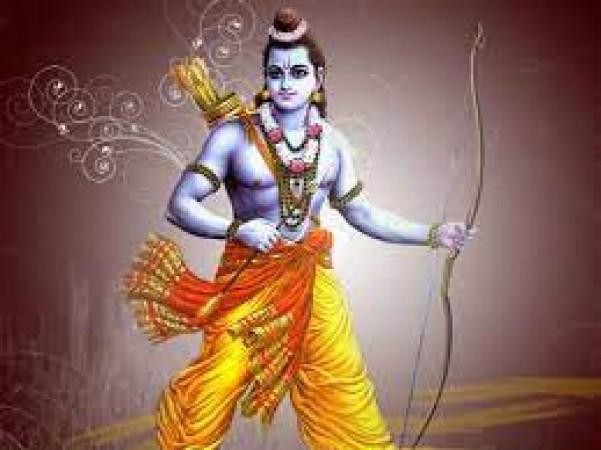
In the rich tapestry of Indian mythology and religious literature, Lord Rama stands as one of the most revered and beloved figures. As the seventh avatar of Lord Vishnu, Rama embodies the virtues of righteousness, duty, and compassion, making him a timeless symbol of the ideal human being and a source of inspiration for millions.The story of Rama is beautifully chronicled in the epic narrative known as the Ramayana. Composed by the ancient sage Valmiki, the Ramayana has been retold and reinterpreted in various forms across different cultures and languages. This epic tale spans seven books, narrating the life and adventures of Rama, his loyal wife Sita, and his devoted brother Lakshmana. Rama was born in Ayodhya, a city in present-day Uttar Pradesh, India, to King Dasharatha and Queen Kaushalya. His birth is celebrated during the festival of Ram Navami. From a young age, Rama exhibited remarkable qualities of compassion, wisdom, and valor, endearing him to his family and subjects.
Due to a promise made to his second wife Kaikeyi, King Dasharatha was compelled to exile Rama to the forest for fourteen years. Rama's virtuous response to this unjust decree, his unwavering commitment to fulfilling his father's words, and his compassionate interactions with his devoted wife Sita and loyal brother Lakshmana exemplify the essence of dharma (righteous duty) in Hindu culture. The central conflict of the Ramayana arises when the demon king Ravana abducts Sita and takes her to his kingdom of Lanka. Rama's unwavering determination to rescue his beloved and his alliance with an army of allies, including the monkey god Hanuman, highlight his courage and strategic brilliance. The climax of the Ramayana is the epic battle between Rama and Ravana, symbolizing the eternal struggle of good over evil. Rama's victory over the demon king, facilitated by his devotion to duty and adherence to the path of righteousness, serves as a powerful reminder of the significance of virtue and faith in overcoming adversity. After successfully rescuing Sita and defeating Ravana, Rama returns to Ayodhya, where he is warmly welcomed by his people. His reign as a righteous and just king is considered the golden era of Ayodhya. The moment of his coronation as the king of Ayodhya, known as Rama Rajya, is celebrated during the festival of Diwali.
Throughout the Ramayana, Rama's character is portrayed with unwavering integrity, humility, and selflessness. He embodies the ideals of a dutiful son, a loving husband, a noble ruler, and a compassionate leader. His relationships with his family, friends, and subjects set an exemplary standard for ethical conduct and moral values. Moreover, Rama's character transcends religious boundaries, inspiring people of various backgrounds to emulate his virtues. His story has not only influenced the cultural and spiritual fabric of India but has also found resonance in many Southeast Asian countries. The life of Lord Rama offers valuable lessons for humanity. His devotion to truth, justice, and duty serves as a timeless guide for individuals seeking to lead a life of righteousness and spiritual fulfillment. Rama's unwavering commitment to upholding dharma in the face of challenges continues to inspire millions to walk the path of righteousness and compassion.
In conclusion, Rama's story, immortalized in the Ramayana, has transcended time and borders to become a treasured part of the world's literary and spiritual heritage. The ideals he embodies remain relevant and continue to inspire generations to strive for nobility, virtue, and goodness in their lives, making Rama a symbol of the eternal human quest for righteousness and enlightenment.
Also read –This Day in History: Chithira Tirunal Bala Rama Varma, Ex-Maharaja of Travancore dies